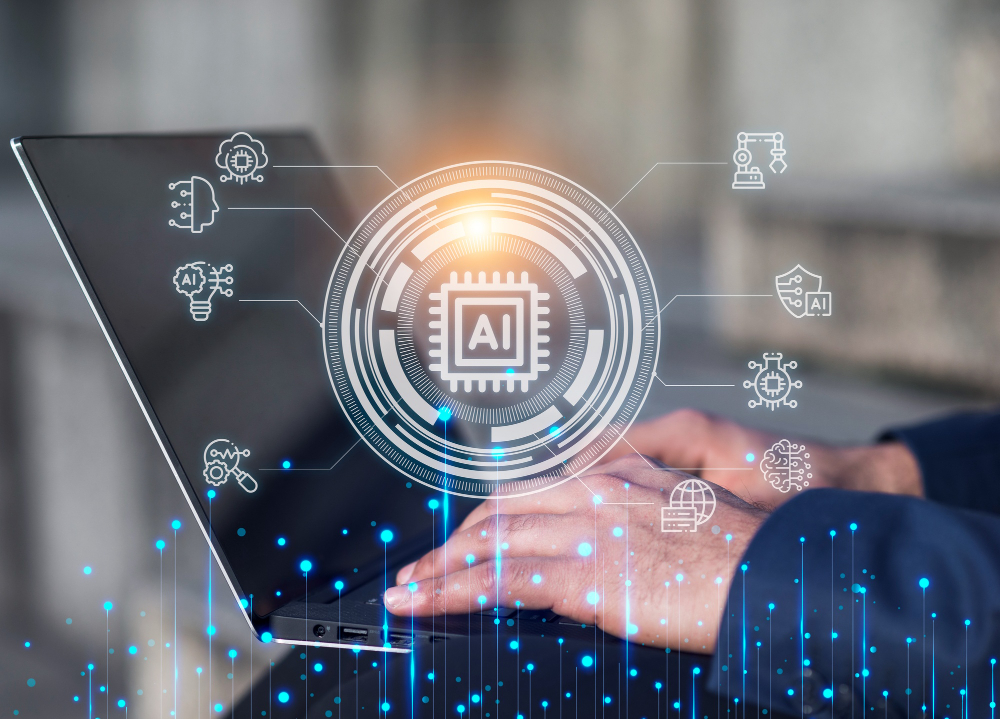Table of Contents
The Impact of AI on the Workforce
The convergence of artificial intelligence (AI) and the Great Resignation is fundamentally altering the workplace landscape. As AI automates routine tasks, businesses are reimagining their operations, leading to a surge in demand for human-centric skills. This shift necessitates a workforce equipped with adaptability, creativity, and critical thinking.

The Great Resignation: A Catalyst for Change
The mass exodus of employees during the Great Resignation highlighted a pressing need for organizations to prioritize employee well-being, work-life balance, and opportunities for growth. Companies are now compelled to create more inclusive and flexible work environments to attract and retain talent.
The Intersection of AI and the Great Resignation
The interplay between AI and the Great Resignation is complex. While AI has the potential to displace jobs, it also creates new roles and industries. To navigate this transition successfully, both individuals and organizations must invest in upskilling and reskilling.
AI as a Job Creator
AI-driven innovation is spawning new job opportunities in fields such as data science, machine learning, and AI ethics. As businesses adopt AI technologies, there will be a growing demand for professionals who can harness its potential.
The Human Element Remains Crucial
Despite advancements in AI, human ingenuity, empathy, and creativity remain indispensable. Employees who can effectively collaborate with AI systems and leverage their unique abilities will thrive in the future of work.
Building a Resilient Workforce
To prepare for the future, organizations must focus on developing a workforce that is adaptable, resilient, and equipped with the skills needed to succeed in an AI-driven world. This includes investing in employee development, fostering a culture of innovation, and prioritizing employee well-being.
The intersection of AI and the Great Resignation presents both challenges and opportunities. By understanding these dynamics and taking proactive steps, individuals and organizations can shape a future of work that is equitable, fulfilling, and sustainable.


